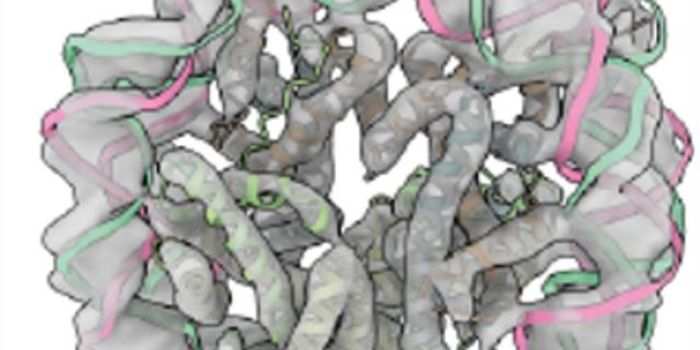Oxygen Deprivation Alters Gene Expression, Raising Illness Risk
Oxygen is vital to the body. When levels of oxygen in the blood get too low, serious problems can arise. This can happen as people recover from some disorders that can drive oxygen levels down, such as repeated infections or severe lung disease. New research has shown that low blood oxygen levels can alter various aspects of DNA in important immune cells, and this can hamper the body’s ability to fight dangerous infections. The findings have been reported in Nature Immunology.
In this work, the researchers found that hypoxia, or oxygen deprivation, can alter DNA organization in immune cells called neutrophils that normally destroy pathogens. Neutrophils are a critical first line of defense; they monitor the body for invaders and can target and destroy dangerous pathogens. But these genetic changes can interfere with neutrophil function.
The investigators obtained neutrophils from patients who were recovering from cases of acute respiratory distress syndrome (ARDS), as well as neutrophils from unaffected individuals who were exposed to low-oxygen conditions.
Blood cells are generated in the bone marrow, and hypoxia seems to alter stem cells in the bone marrow that produce neutrophils. Low oxygen levels led to changes in how DNA was structured and packaged in cells; this can change which genes are available to the cell for expression and activity. Hypoxia-exposed cells were undergoing a process called histone clipping. Histones are essential to how DNA is compacted and packaged in cells. These alterations were also seen in bone marrow cells that generate neutrophils.
These shifts can persist even after oxygen levels return to normal levels, so the initial impact may be lasting. These findings can also help explain why people who experience serious lung infections can become vulnerable to continuous, repeated infections.
Now, the investigators want to learn more about the long term changes to bone marrow cells; whether they can be repaired; and if that kind of repair could boost the body’s ability to fight future infections. Like the entire immune system, neutrophils have to both be robust enough to eliminate an infection but not so strong that they harm healthy, normal tissues of the body. This work may show that low oxygen levels lead to reprogramming in the entire immune system, though more work will be needed to confirm that hypothesis.
Sources: University of Edinburgh, Nature Immunology









